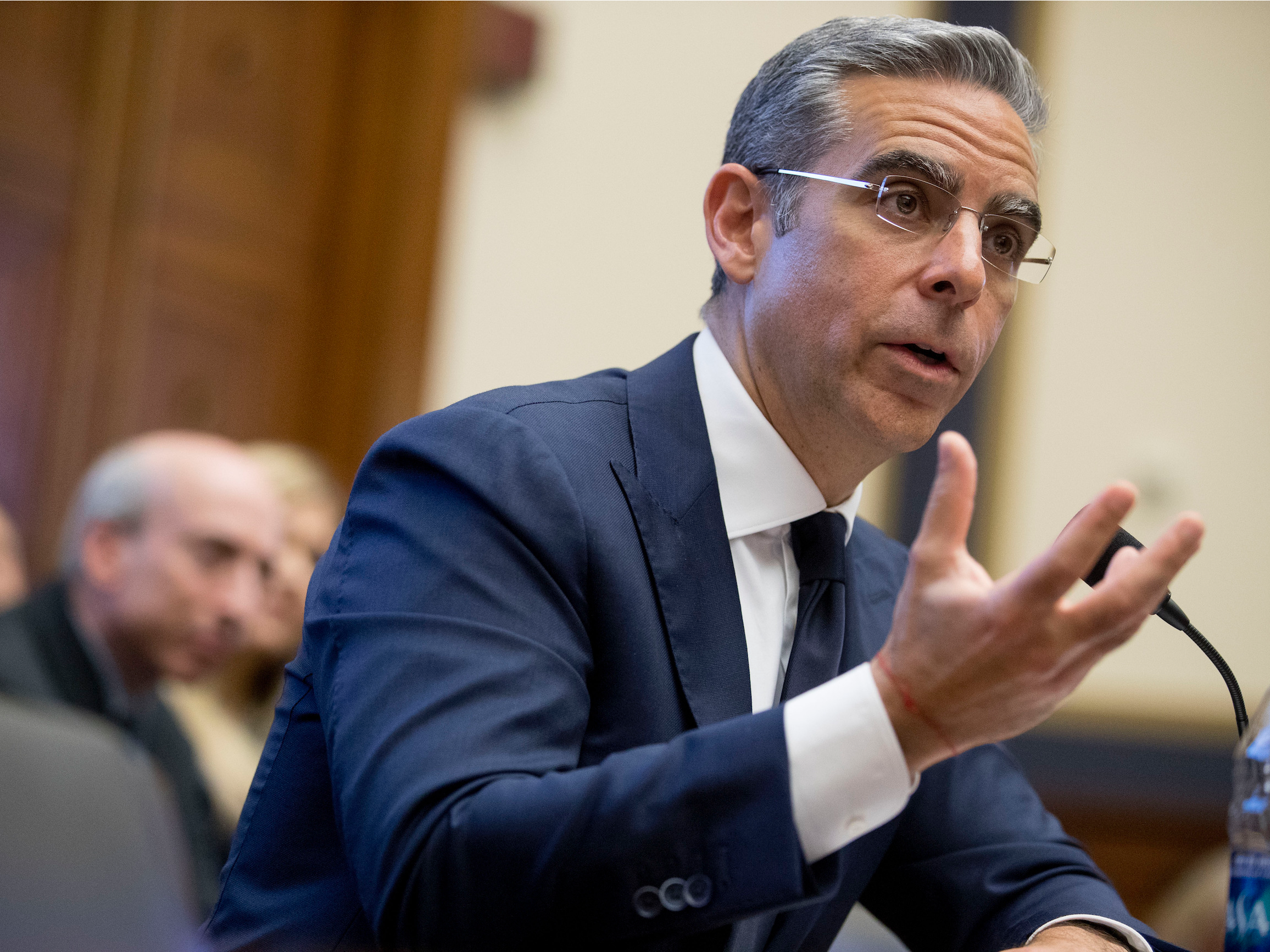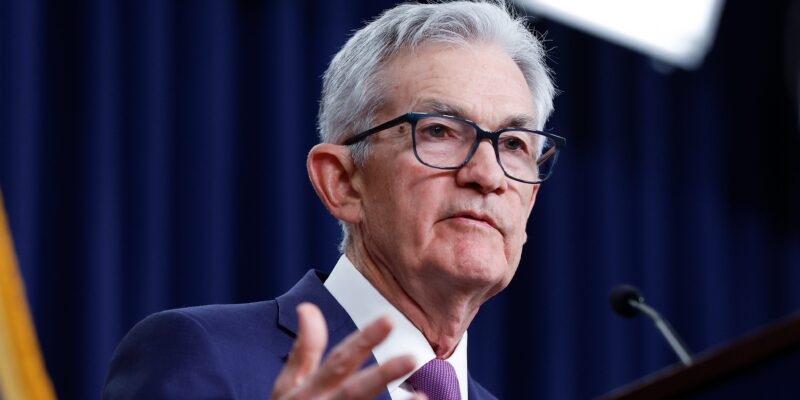- Facebook executive David Marcus denied on Tuesday that Libra, the social network’s big foray into money, is falling apart.
- Marcus was responding to a Wall Street Journal report on Tuesday that a group of Libra backers including Mastercard and Visa were reassessing their involvement.
- Marcus said there was no “angst” internally over Libra’s progression. But it’s been less than four months since the project was announced, and the currency is already under attack from regulators and many of its partners won’t publicly support it.
- Visit Business Insider’s homepage for more stories.
Facebook only announced its new currency Libra in June but a senior executive leading the project is already hitting back at reports that the project is coming apart at the seams.
David Marcus, the Facebook executive overseeing Libra, fired back on Twitter at a Wall Street Journal report that said that a group of Libra’s backers – including Visa and MasterCard – were reassessing their involvement in the project.
Marcus didn’t exactly deny the broad thrust of the Journal’s report, but said an official initial group of Libra members “will be formalized in the weeks to come.”
Felt like addressing this. 1) official 1st wave of Libra Association members will be formalized in the weeks to come; (continued) https://t.co/baZkFlGN9O
— David Marcus (@davidmarcus) October 1, 2019
Libra may have been dreamed up by Facebook, but the social network is trying to build up a network of partners to make the cryptocurrency viable. There are more than two dozen early members of the Libra Association, including Uber, PayPal, Spotify, Visa, and Mastercard.
The Journal only named Mastercard and Visa, but suggested that more members of the Libra Association were considering winding back their involvement. The newspaper reported that the partners were wary of the additional scrutiny from regulators and lawmakers in the US and Europe. Earlier this month, the French and German agreed to block Libra from Europe.
Business Insider has previously reported that most of Libra's key partners were refusing to publicly support the project after being contacted with questions about their support.
This has raised doubt about whether many of these partners may try to quietly drop out.
Read more: Facebook's key partners on its cryptocurrency Libra are refusing to publicly support it
The Journal also cited one source, who said Facebook hadn't given detailed answers to questions about protecting Libra from illegal activity, such as money laundering or funding terrorism.
This has been a key concern of lawmakers and government officials who say that the currency could be used for a laundry list of crimes.
Marcus responded to this claim on Twitter, saying it is "categorically untrue" that Facebook didn't share detailed information about how to secure Libra or protect the network against illegal activity.
"The tone of some of this reporting suggests angst, etc... I can tell you that we're very calmly, and confidently working through the legitimate concerns that Libra has raised by bringing conversations about the value of digital currencies to the forefront," he wrote.
Marcus added that it would be a "long journey" to get Libra off the ground.
"Change of this magnitude is hard and requires courage + it will be a long journey. For Libra to succeed it needs committed members, and while I have no knowledge of specific organizations plans to not step up, commitment to the mission is more important than anything else," he said.
Facebook declined to comment on the Journal's report when contacted by Business Insider.
In an email to Business Insider, Dante Disparte, head of policy at communications at the Libra Association said that, at this time, all of the initial 28 backers are still participating in the project and that it is currently working to draft a charter to establish the guiding principles.
Facebook announced its new cryptocurrency in June and almost immediately after pushback from US lawmakers began. These lawmakers expressed concerns about how the network would protect users' privacy and prevent criminals from using it to launder money. It has been fighting to get Washington onside every since.
Libra is also the focus of an antitrust investigation in Europe. According to a recent Bloomberg report, the European Union body has begun looking into whether Libra will "create 'possible competition restrictions' on the information that will be exchanged and the use of consumer data."











